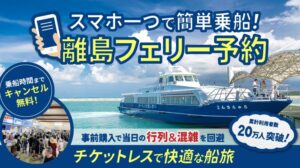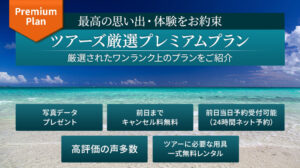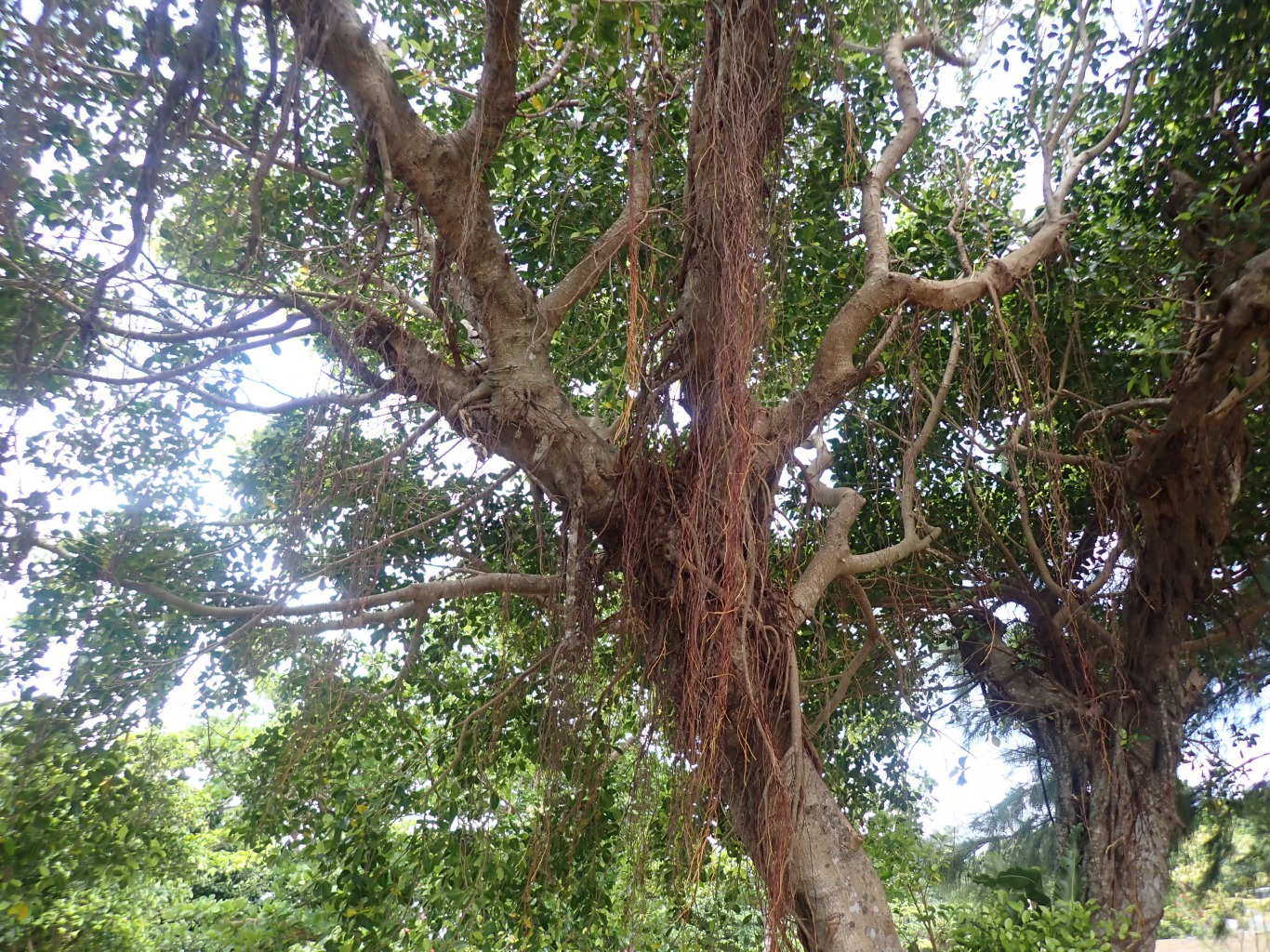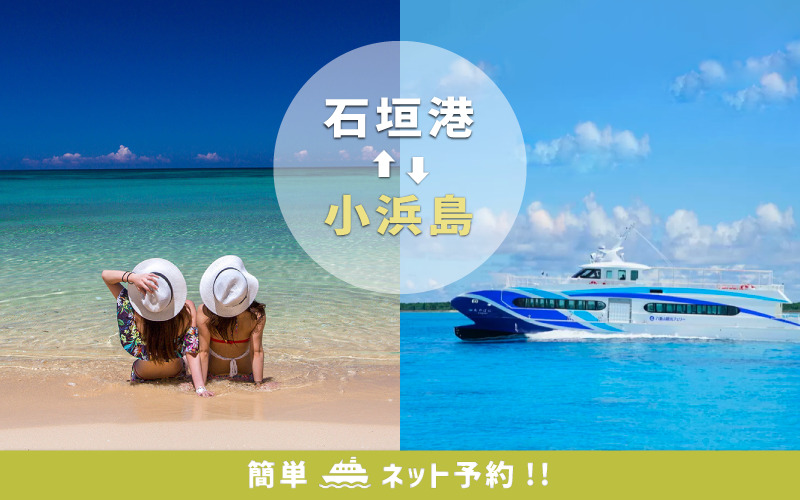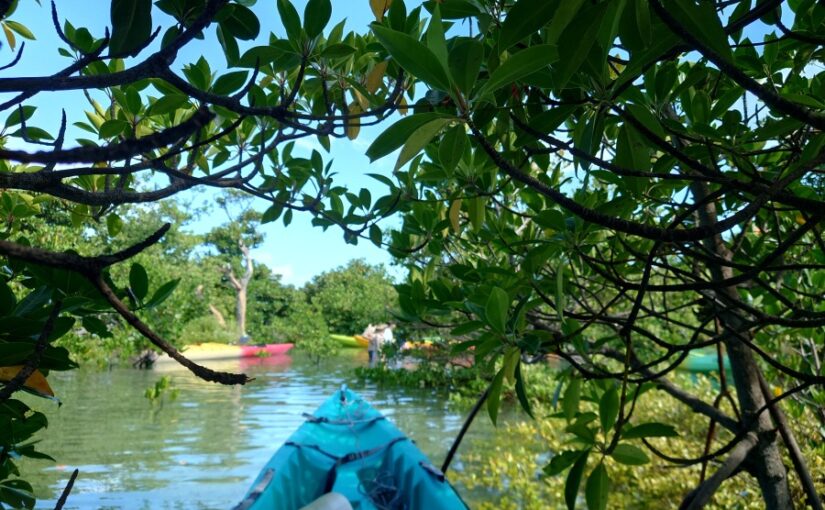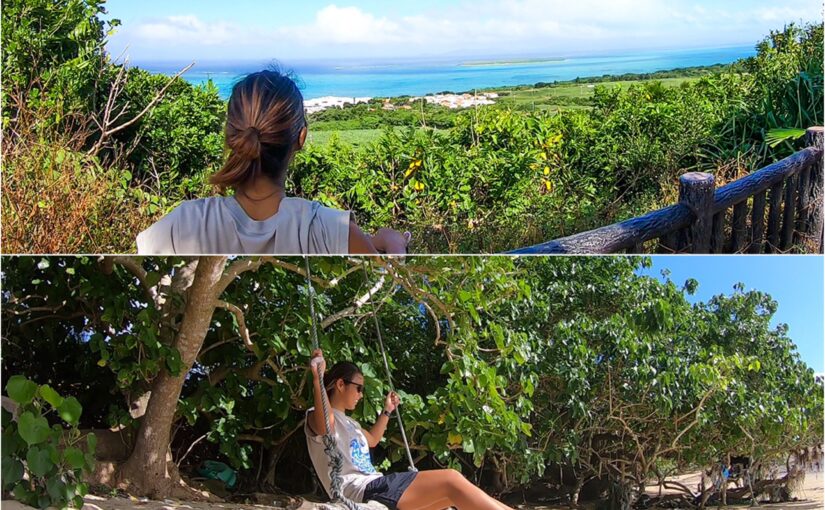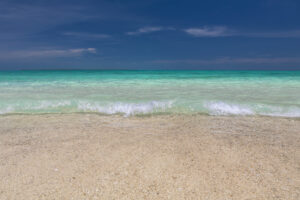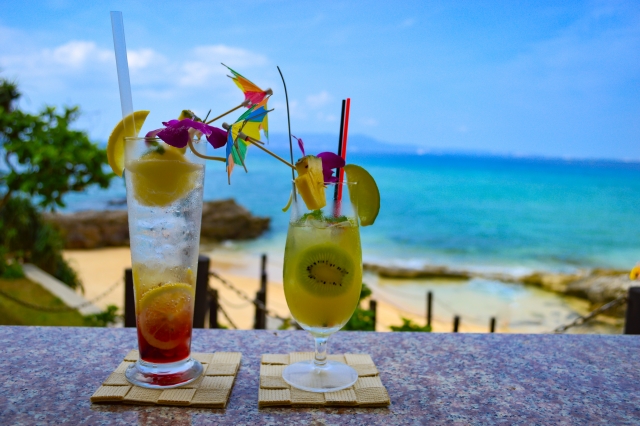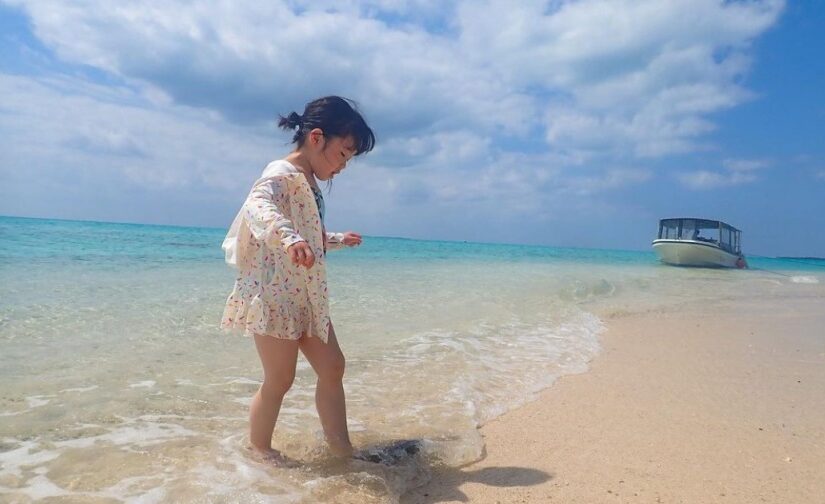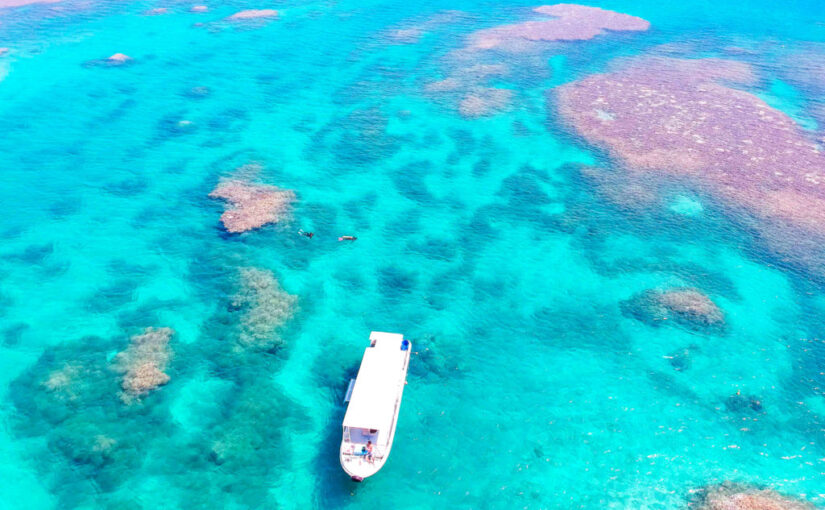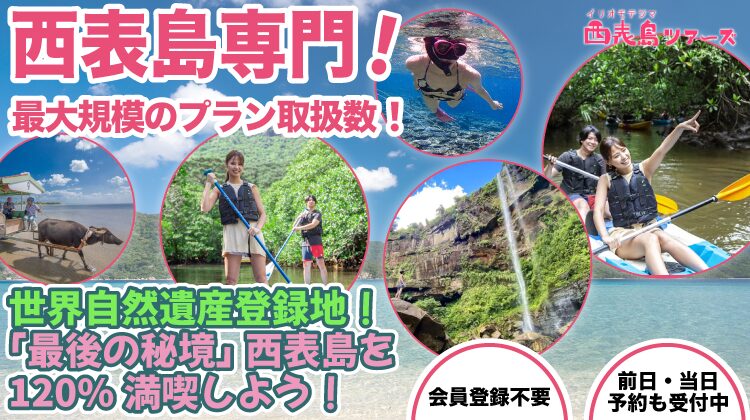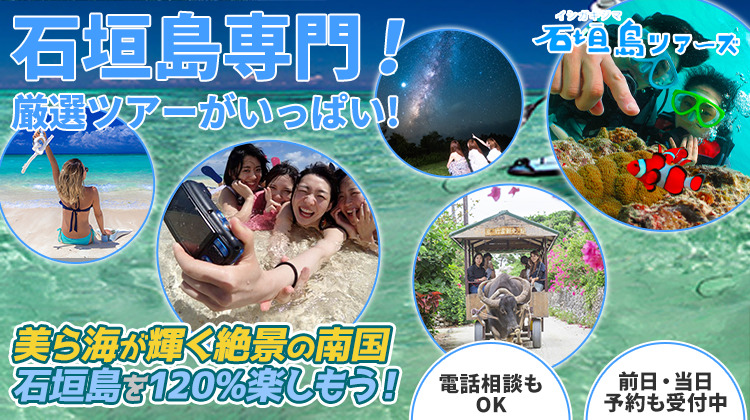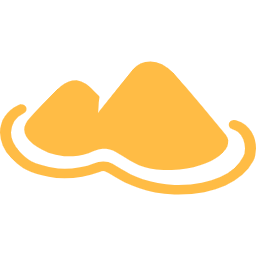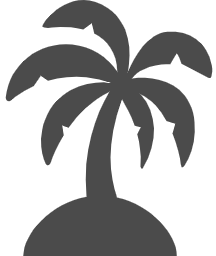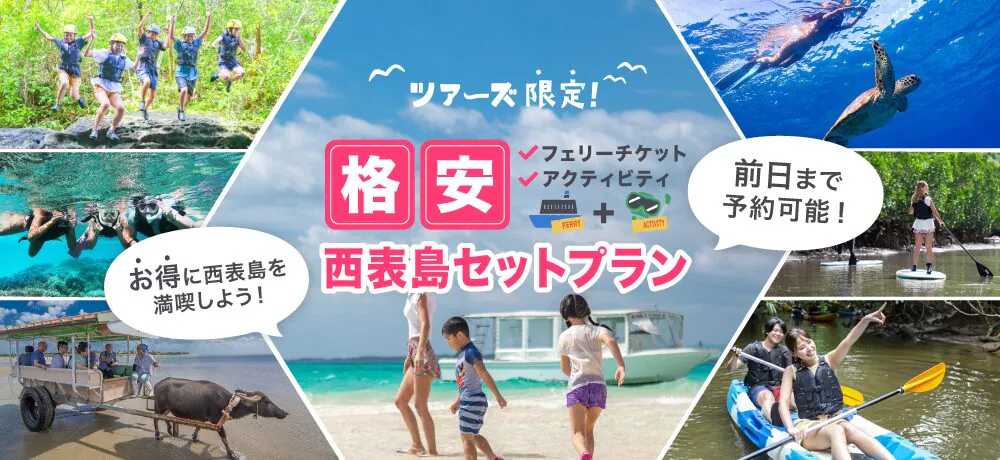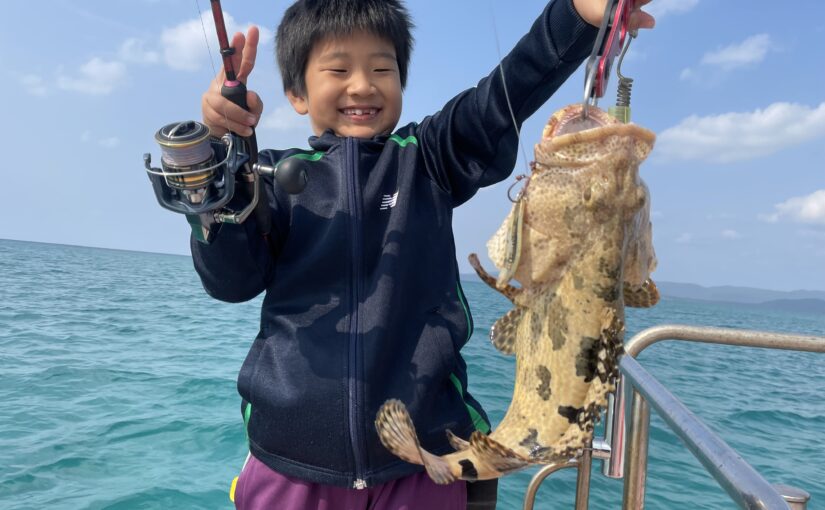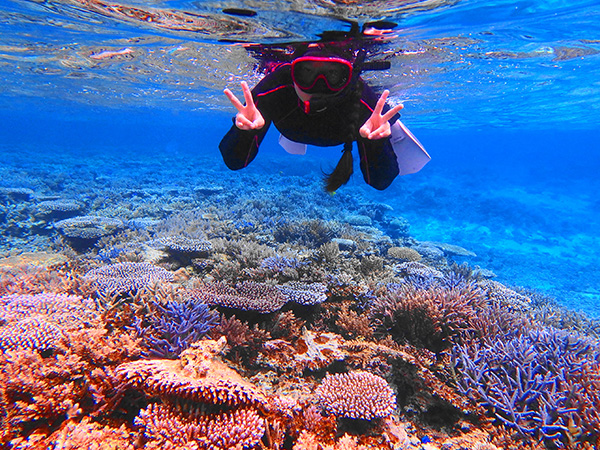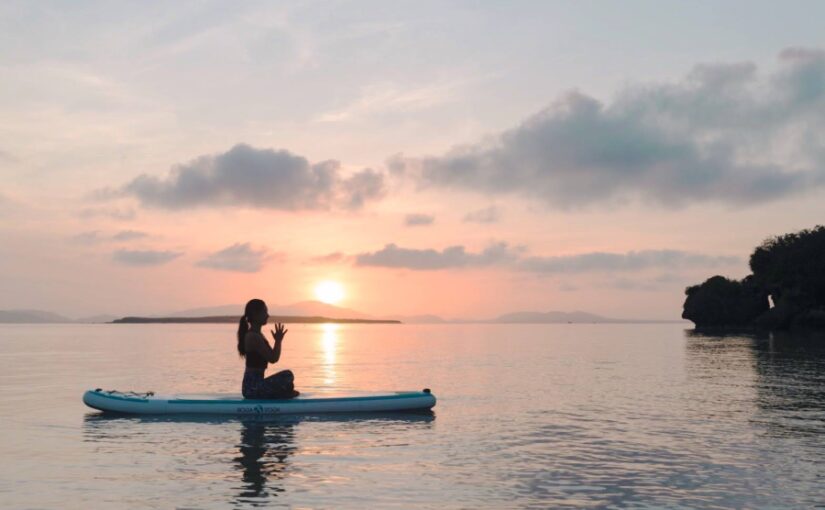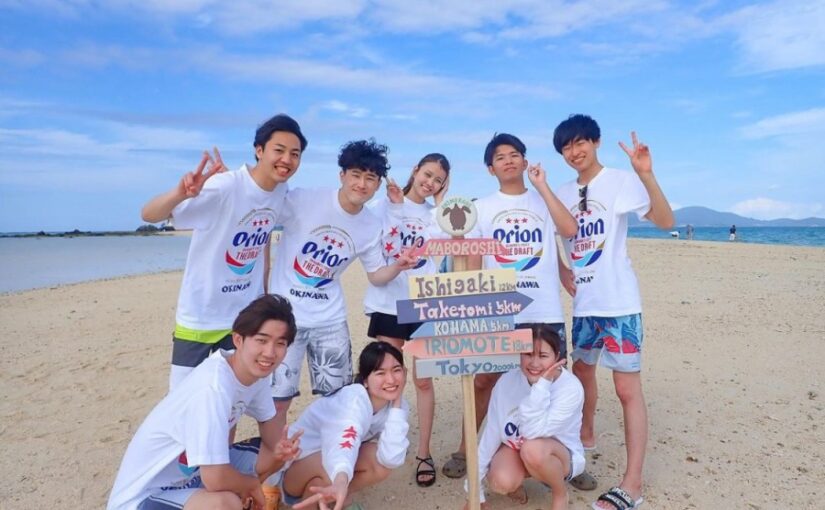Introducing 10 plants native to Kohama Island!
Table of Contents
- 1 Let's observe the great nature that remains on Kohama Island!
- 2 What kind of island is Kohama Island?
- 3 3 mangroves (hollyhocks) found on Kohama Island 3 mangroves (hirugiids)
- 4 10 plants commonly found in the Yaeyama Islands
- 5 You can enjoy the plants of Kohama Island! Recommended Activities & Plans
- 6 summary
Ferry reservations are required to Kohama Island!
Let's observe the great nature that remains on Kohama Island!
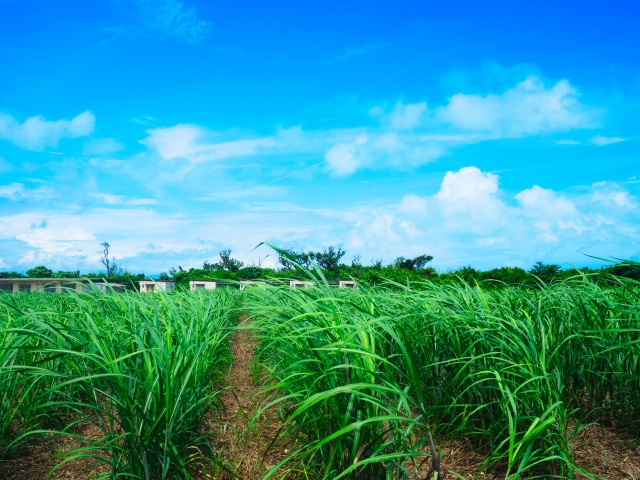
Kohama Island is a popular remote island accessible by ferry from Ishigaki Island in about 25 minutes.NHK morning drama "beautyIt is also famous for being the setting of
This time, we are going to visit the great nature-richUnique plants native to Kohama IslandLearn more about the
◆Anyone interested in subtropical plants.
Those interested in plants native to Kohama Island.
◆Those who want to observe the nature of Kohama Island at a leisurely pace.
Click here to see the ranking of popular tours in Kohama Island.
What kind of island is Kohama Island?
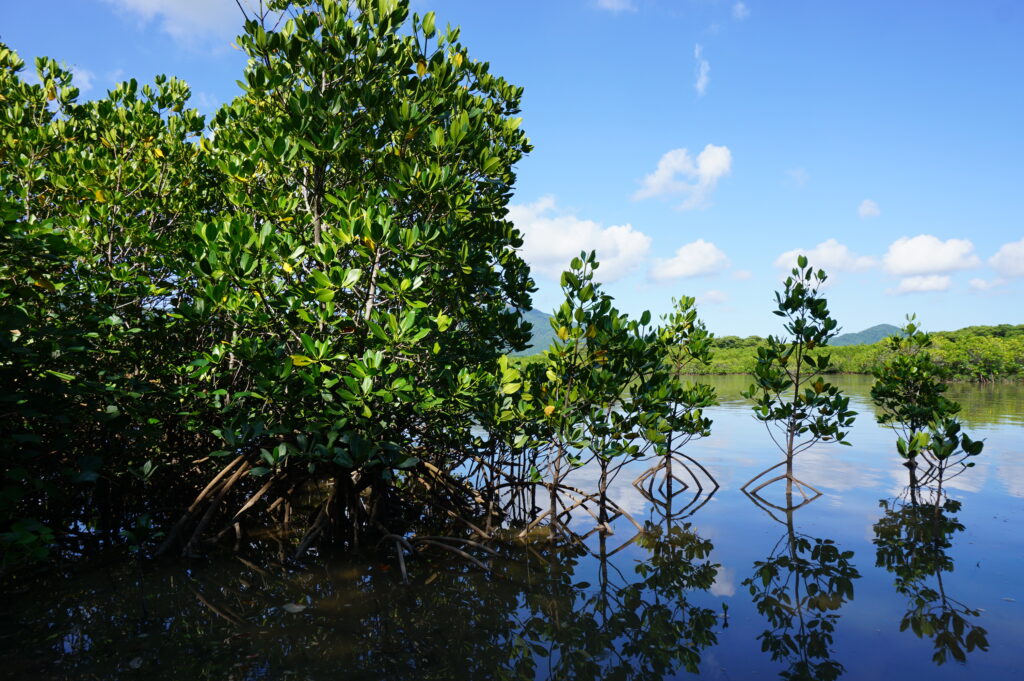
Kohama Island is not only beautiful in its ocean, but also in its relaxing scenery of sugar cane fields and untouched nature.
First, let us introduce some of the features of Kohama Island.
Click here to see the ranking of popular tours in Kohama Island.
Kohama Island Climate
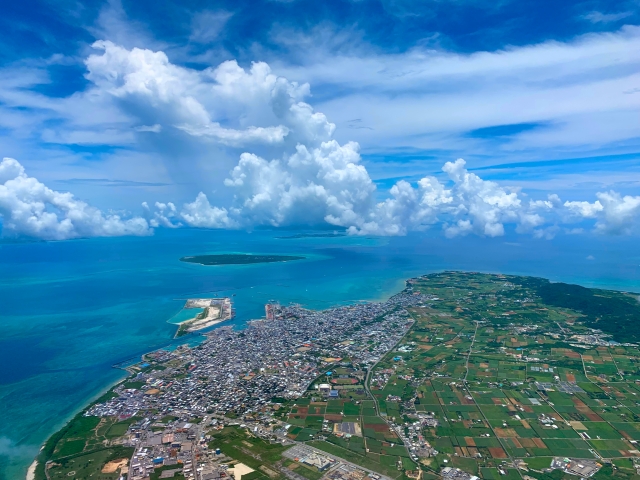
Kohama Island is a small island in the Yaeyama Archipelago with a population of about 700 people, and is a very pleasant island with little change in temperature throughout the year.
The average temperature is 24 degrees Celsius, although it rarely rises above 35 degrees Celsius, even in mid-summer., ,Sun protection is a must all year roundIt is.
Note that during the period from June to September, typhoons are frequent, and depending on the weather, ferry services may be cancelled.
Click here to read the article in conjunction with this one.
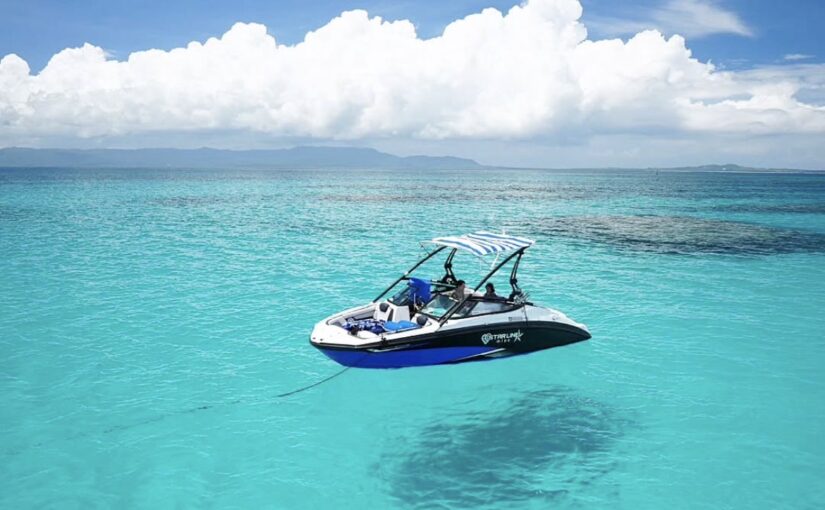 What is the best season for Kohama Island? Introducing the advantages and disadvantages of different times of the year!Kohama Island, which became instantly famous as the setting for NHK's morning drama series, is located almost in the middle of the Yaeyama Islands. It takes about 30 minutes by ferry from Ishigaki Island! We introduce the best season for Kohama Island!
What is the best season for Kohama Island? Introducing the advantages and disadvantages of different times of the year!Kohama Island, which became instantly famous as the setting for NHK's morning drama series, is located almost in the middle of the Yaeyama Islands. It takes about 30 minutes by ferry from Ishigaki Island! We introduce the best season for Kohama Island!
Recommended Things to Do on Kohama Island
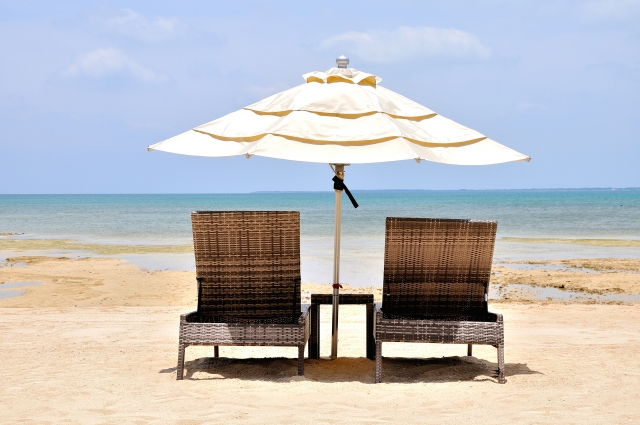
Kohama Island retains its laid-back nature and scenery,Large resort hotels are also availableThe characteristics of the company's business are as follows.
To enjoy the beautiful ocean known as "Obama BlueSnorkeling and divingIt is recommended to participate in activity tours such as
Leisurely types can explore the island on a bicycle with the wind in their sails and enjoy their own island time.
Click here to see the ranking of popular tours in Kohama Island.
Seen on Kohama Island.
3 mangroves (hirundoids)
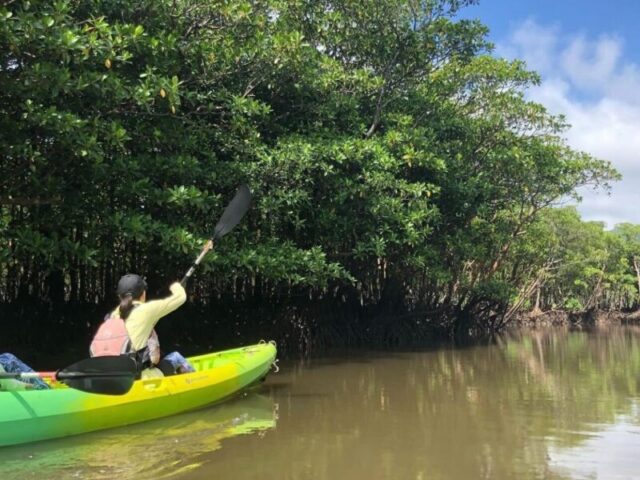
What is a mangrove?General term for plants that grow on subtropical coasts and estuariesand hirugi is a typical type of mangrove.
In Yaeyama, Iriomote Island and Ishigaki Island are famous for mangroves, but on Kohama Island, mangrove forests can be observed at Ishinagata Beach.
Access: 10 minutes by car from Obama Port
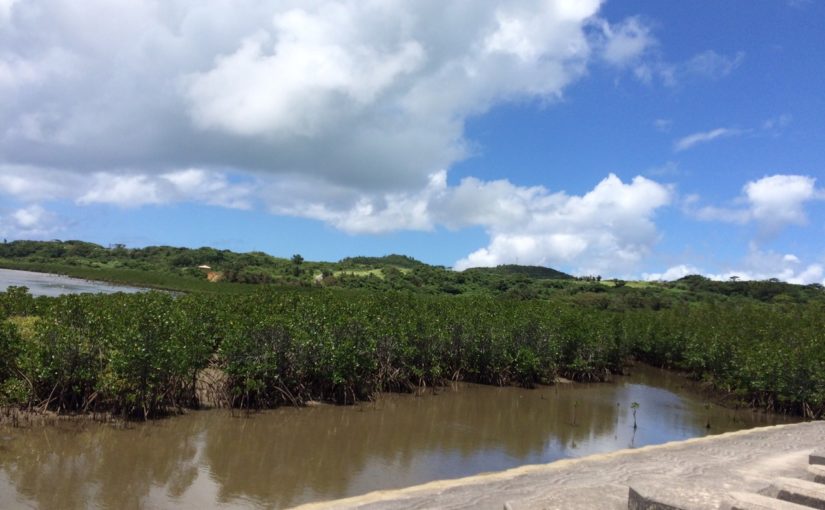 Kohama Island - Ishinagata Beach Ishinagata Beach is located on the west side of Kohama Island, opposite Kohama Port and south of Akayazaki. On the opposite shore is Iriomote Island, the peninsula of Kohama Island, and mangrove forests spread out below. This is a rare subtropical mangrove on Kohama Island [...].
Kohama Island - Ishinagata Beach Ishinagata Beach is located on the west side of Kohama Island, opposite Kohama Port and south of Akayazaki. On the opposite shore is Iriomote Island, the peninsula of Kohama Island, and mangrove forests spread out below. This is a rare subtropical mangrove on Kohama Island [...]. ↓Click here for tours that include Kohama Island mangroves.
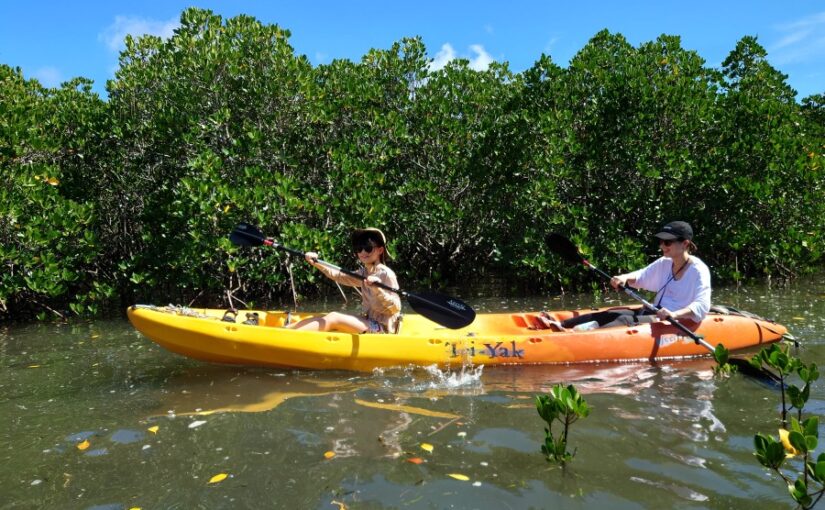 Kohama Island/2 hours] Mangrove kayak tour for children from 3 years old! Enjoy the nature unique to the subtropical zone♪ Held only at high tide (No.616)開始時間See calendar at the bottom of this page.所要時間Approx. 2 hours8,500 yen
Kohama Island/2 hours] Mangrove kayak tour for children from 3 years old! Enjoy the nature unique to the subtropical zone♪ Held only at high tide (No.616)開始時間See calendar at the bottom of this page.所要時間Approx. 2 hours8,500 yen Kohama Island】Booking OK on the day! Beginners are welcome☆Guiding you to the best points of the sea and mangroves!開始時間6:00-7:00 / 8:00-9:00 / 10:00-11:00 / 12:00-13:00 / 14:00-15:00 / 16:00-17:00 / 18:00-19:00所要時間Approx. 1 hour6,500 yen
Kohama Island】Booking OK on the day! Beginners are welcome☆Guiding you to the best points of the sea and mangroves!開始時間6:00-7:00 / 8:00-9:00 / 10:00-11:00 / 12:00-13:00 / 14:00-15:00 / 16:00-17:00 / 18:00-19:00所要時間Approx. 1 hour6,500 yen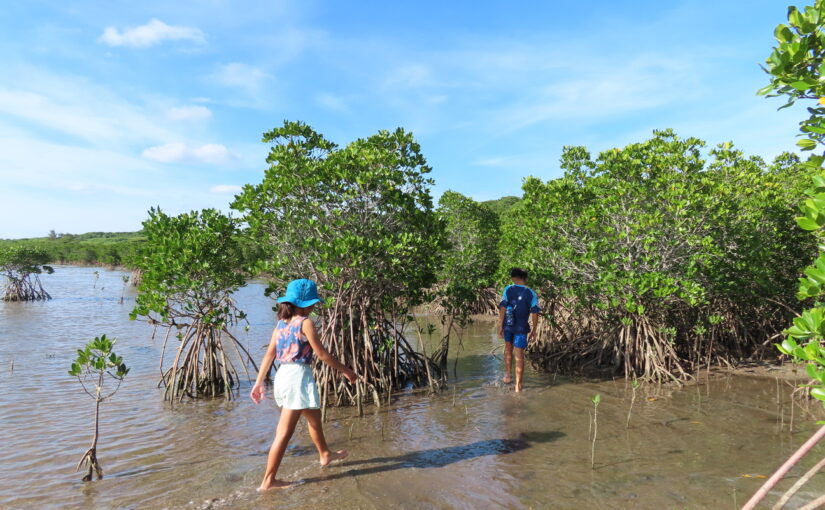 Kohama Island, Okinawa] Kohama Island Mangrove Nature Exploration Tour (No.617)開始時間See calendar at the bottom of this page.所要時間Approx. 2 hours8,500 yen
Kohama Island, Okinawa] Kohama Island Mangrove Nature Exploration Tour (No.617)開始時間See calendar at the bottom of this page.所要時間Approx. 2 hours8,500 yenMore about Kohama Island Mangrove Tour
We introduce three species of hirugi that can be observed mainly on Kohama Island and other places in Yaeyama.
(1) Pine Siskin (species of stilt, Eupatorium makinoi)
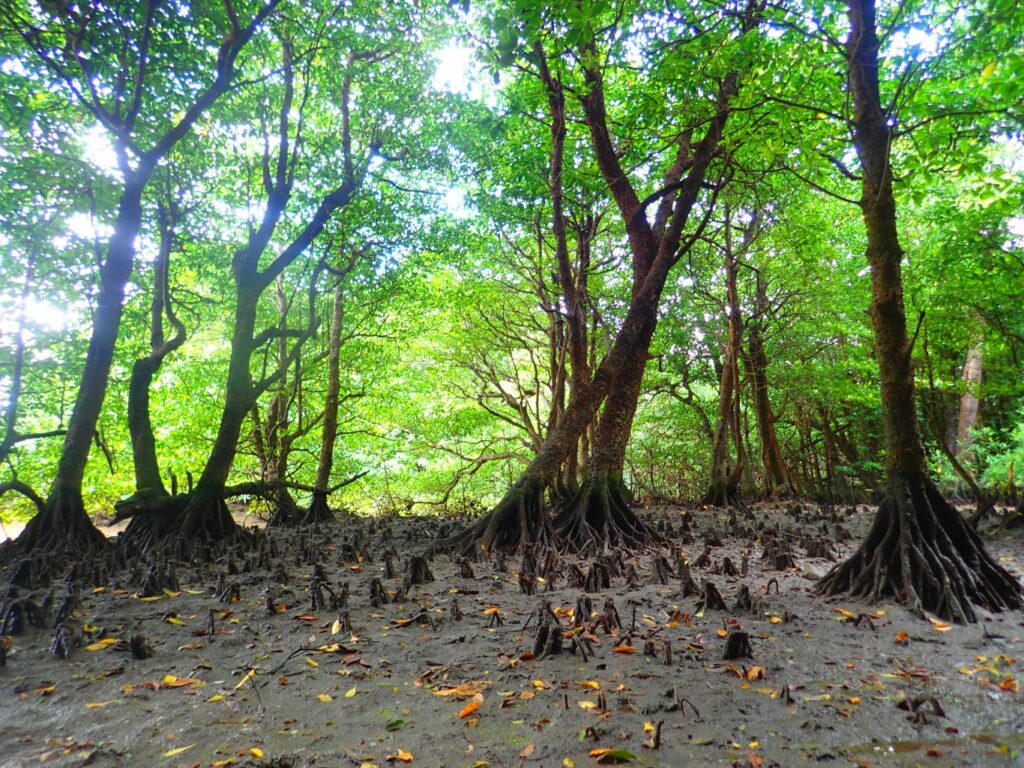
Ohirugi is a fairly tall tree that can reach 25 meters in height and blooms from spring to summer.The flowers are about 3 cm in size, red, thick, and straight, with finely lobed tips like a comb, also known asJapanese red spider lily (Lycoris radiata)It is also referred to as "the
The roots grow so firmly that they resemble a human knee bent at the knee, hence the name "shikkone" (knee root).The roots of the duckbill are called "breathing roots" because they breathe through their roots above the ground.
(2) Mt. Fuji
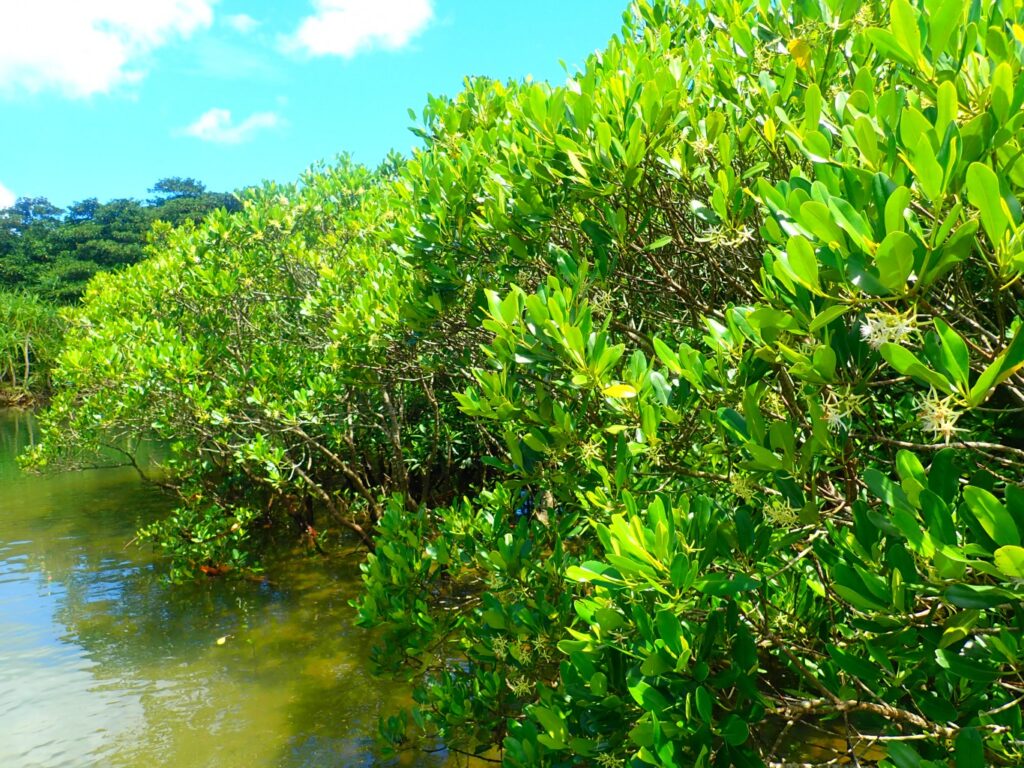
Mehirugi is a hirugi that is famous for being most tolerant of cold. Therefore,It is also widely distributed not only in the Yaeyama Islands.
It is also the most popular mangrove tree in Japan.It is about 7 meters tall, has smaller white flowers than other mangroves, and blooms at the beginning of summer.
The roots take on a large shape like a board standing up, hence the name "BanchoneIt is called "the
(iii) Yaeyama hirugi
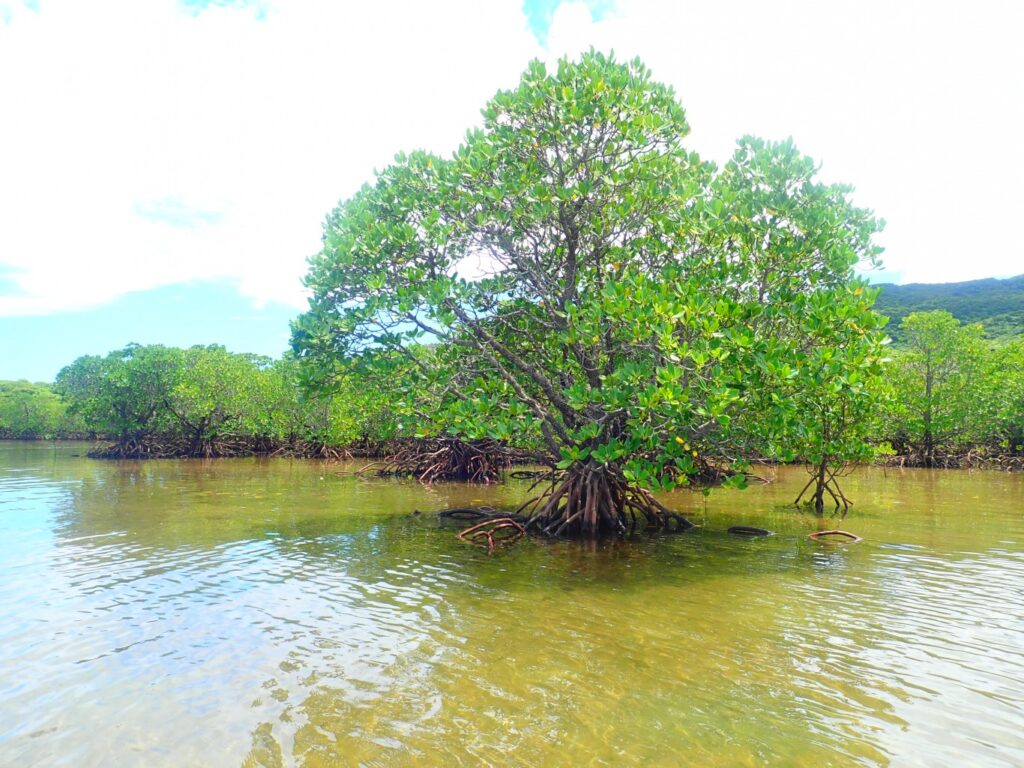
This is a type of mangrove tree found mainly in the Okinawa region and is as popular as the mehirugi.
About 10 meters high.and is one of the tallest trees in the mangrove.The white flowers bloom from spring to summer and are characterized by four sepals.
The octopus-like prop roots are another characteristic of the plant,It is a respiratory root similar to that of the Ojirugi. It also contains chloroplasts and is known to photosynthesize.
Roots provide shelter for fish in the water.
10 plants commonly found in the Yaeyama Islands
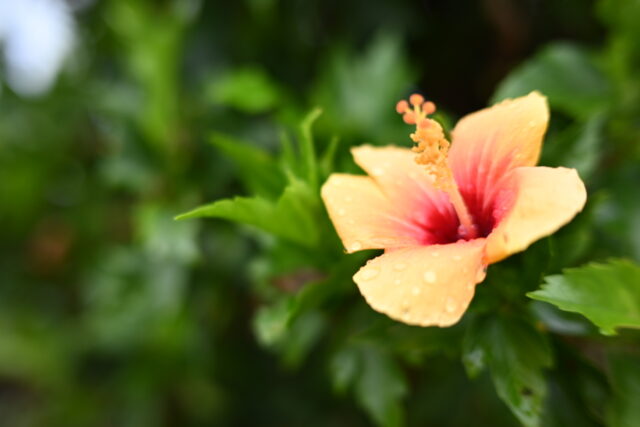
In the Yaeyama Islands, including Kohama Island, not only mangroves but also many other plants unique to the subtropical zone grow wild.
From here, we will introduce plants unique to the subtropical zone that are commonly found in the Yaeyama Islands, including Kohama Island.
1) Sugarcane
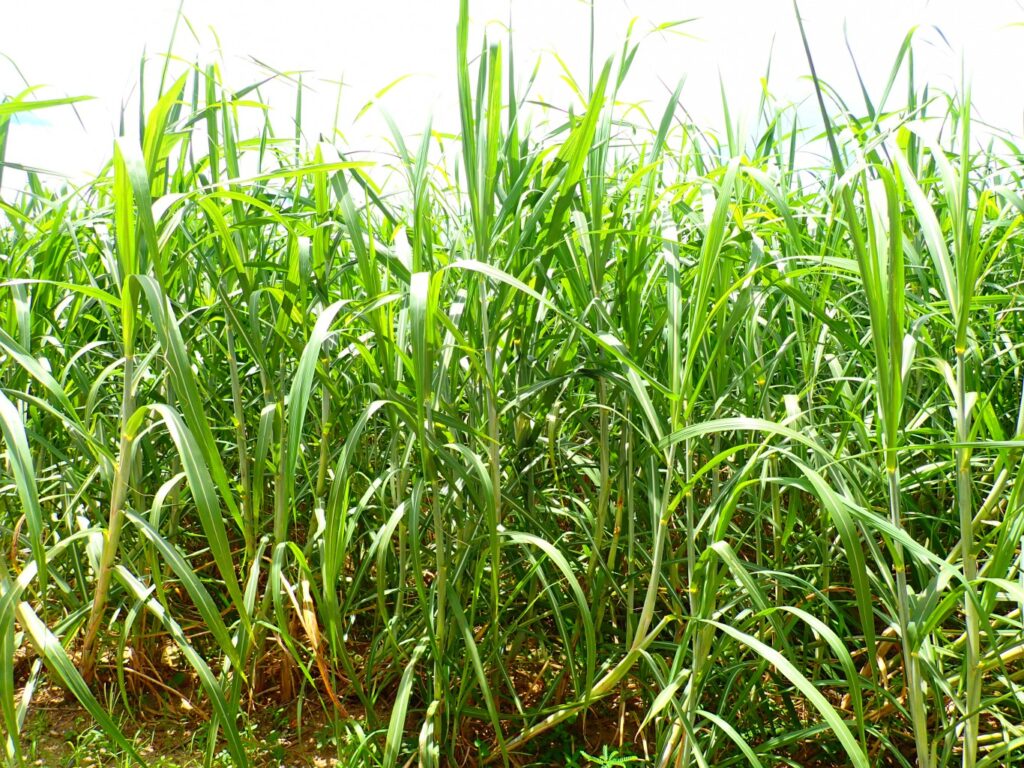
Sugarcane, also known as sugarcane, is a member of the family Poaceae.It grows well in warm climates and is abundant in the Okinawa region and southern Kyushu.
Kohama Island also has extensive sugarcane fields, and in the winter, a sugar factory produces delicious brown sugar.
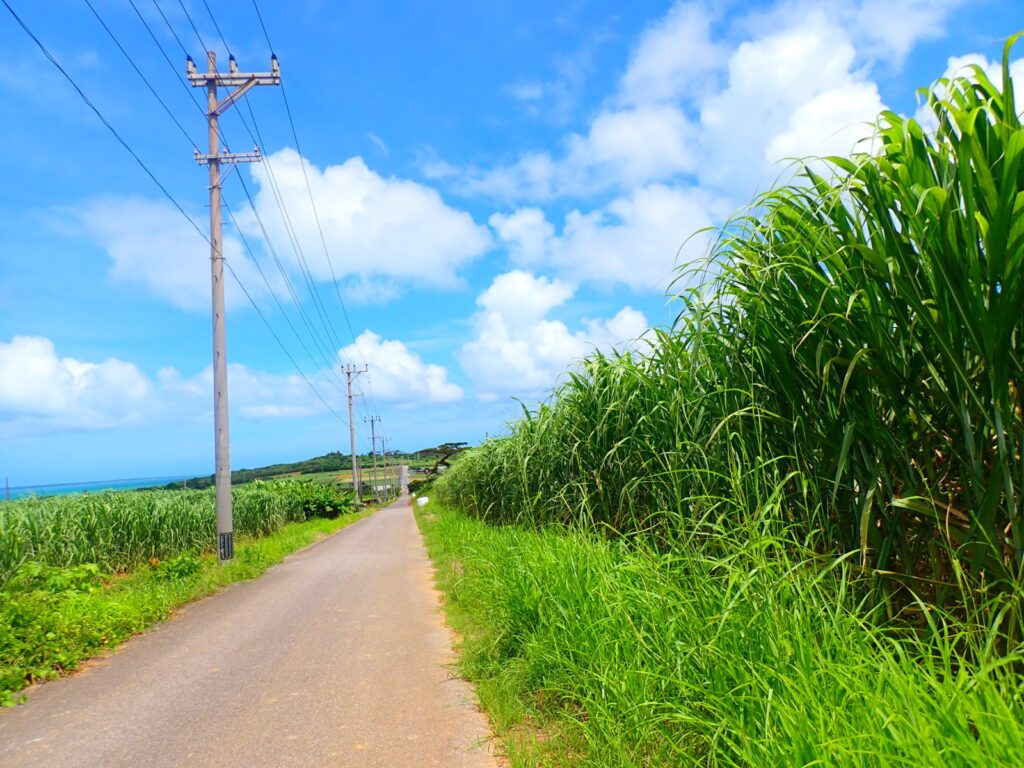
A long stretch of sugarcane field between sugarcane fields, which was used as a location for the drama "Churasansugar roadis a popular spot.
Access: 4 minutes by car from Obama Port
(2) Island banana
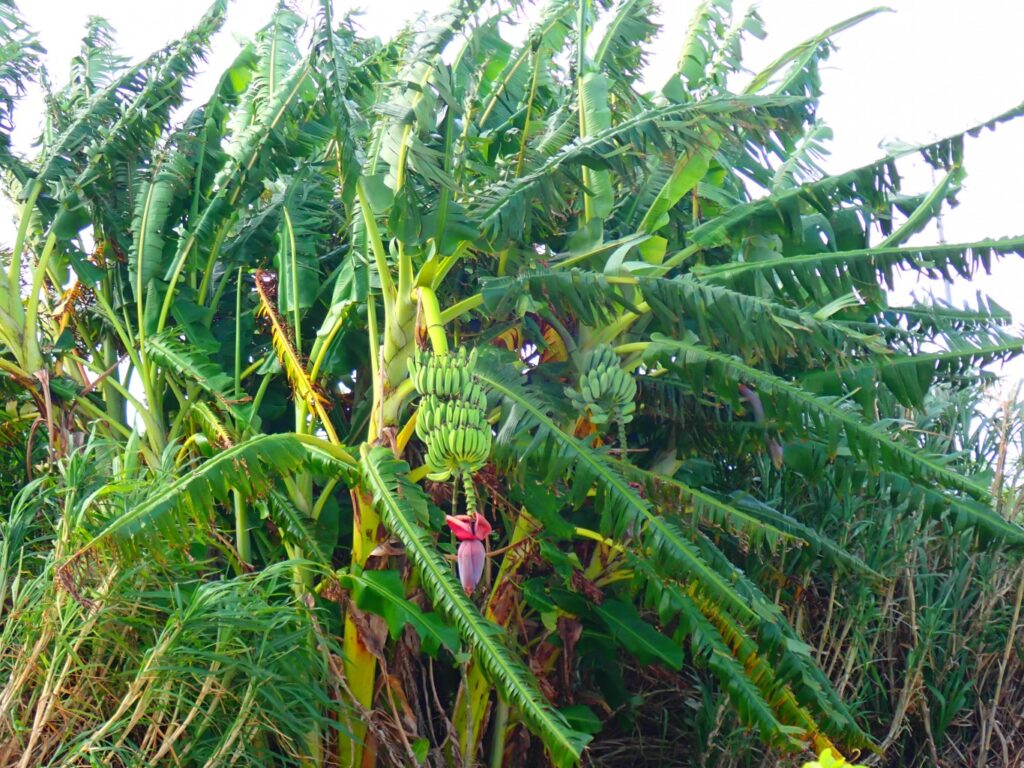
Do you know the difference between regular bananas and island bananas as found in supermarkets?
Island bananas are small, about 10 cm to 15 cm in size,Refreshing sourness and full-bodied sweetnessis characterized by its addictive taste once you have tasted it.
The cultivation of island bananas is known to be very difficult because it requires a large area of land and is very susceptible to typhoons and other damage.
(iii) Banyan Tree
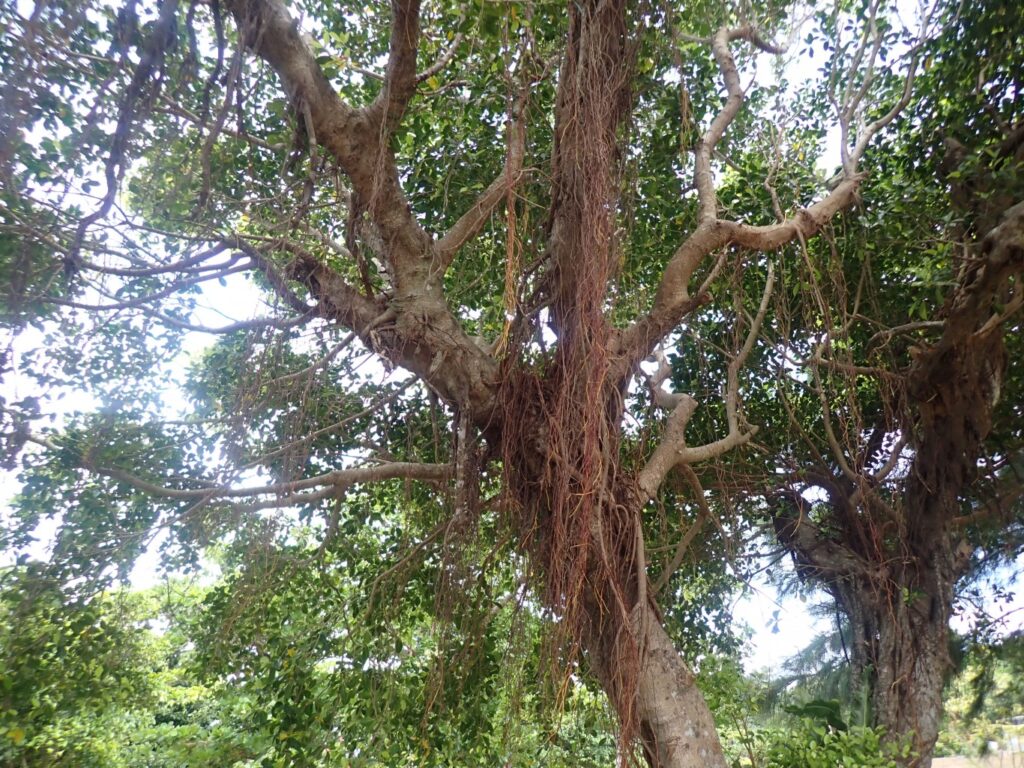
Banyan TreeIt is abundant in warm regions and can be quite fertile among plants.
The roots are prop roots and breathe through roots exposed above ground.There are many types of banyan trees, and they are distinguished by the shape of their leaves.
Its cute name makes it a popular houseplant.kijimuna (mythical water-dwelling creature)It is also known as a plant inhabited by a spirit called "spirit.
(4) Fugi
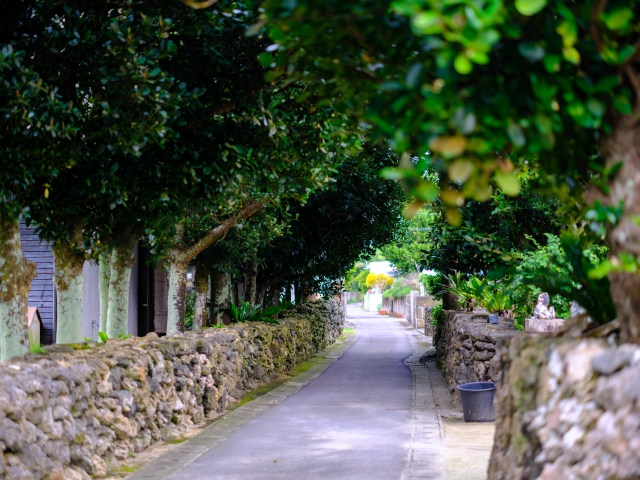
Fukugi (福木) is,House forests for wind and tide protectionThe leaves are thick, glossy, and resistant to typhoons. The leaves are thick, glossy, and resistant to typhoons.
It is also used for yellow dye and was once an essential part of daily life. It is often seen in the villages of Yaeyama.
(May) 5th month of the lunar calendar
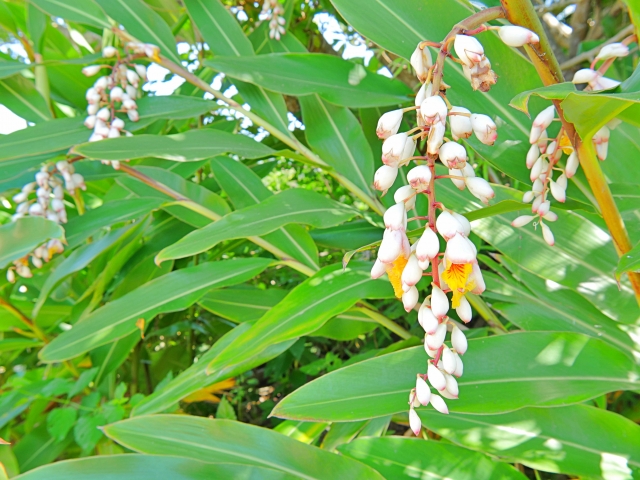
Getto is a perennial herb of the ginger family that grows wild in Okinawa and other southwestern islands, and produces pretty white or pink flowers.
The leaves have a fresh aroma,Insecticide and antibacterial effectsIt has been used to wrap moochie, a traditional sweet, and as a tea because of its
It is a popular plant used in aromatics and cosmetics.
(vi) Adan
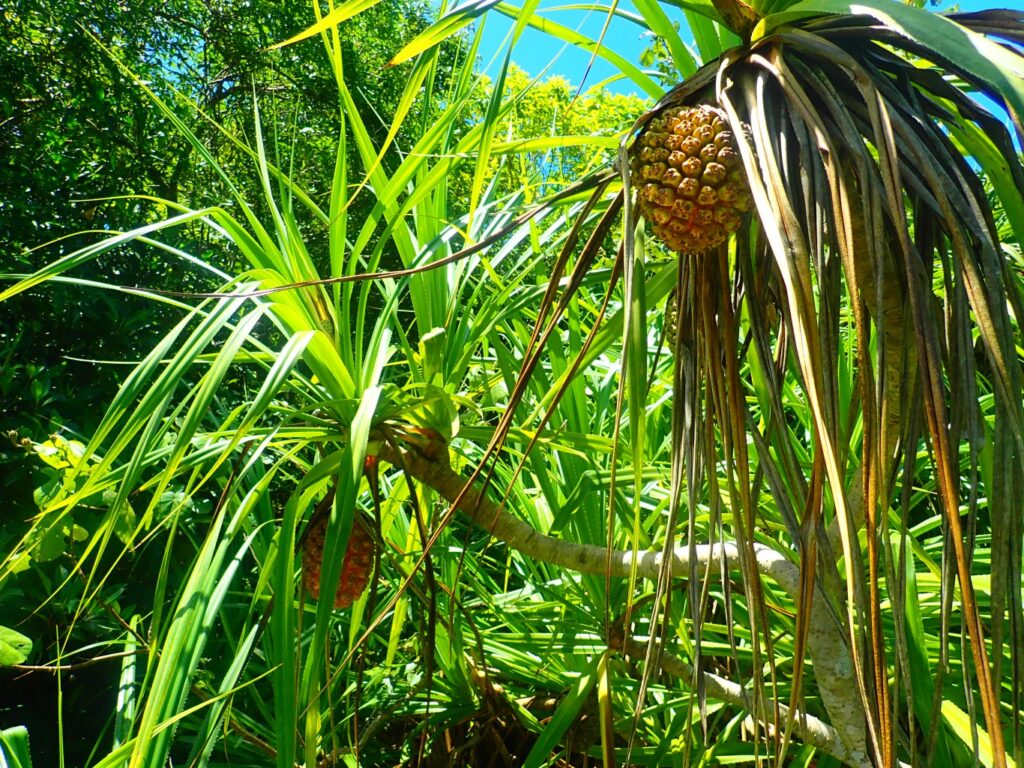
Adan is often mistaken for a plant called "octopus" because of its octopus-like roots.
The fruits of adan are,coconut crab's favorite foodIt is.
Adan leaves are also used for folk tools, and the plant has been a part of Okinawan people's lives.
(7) Kuzumo potato
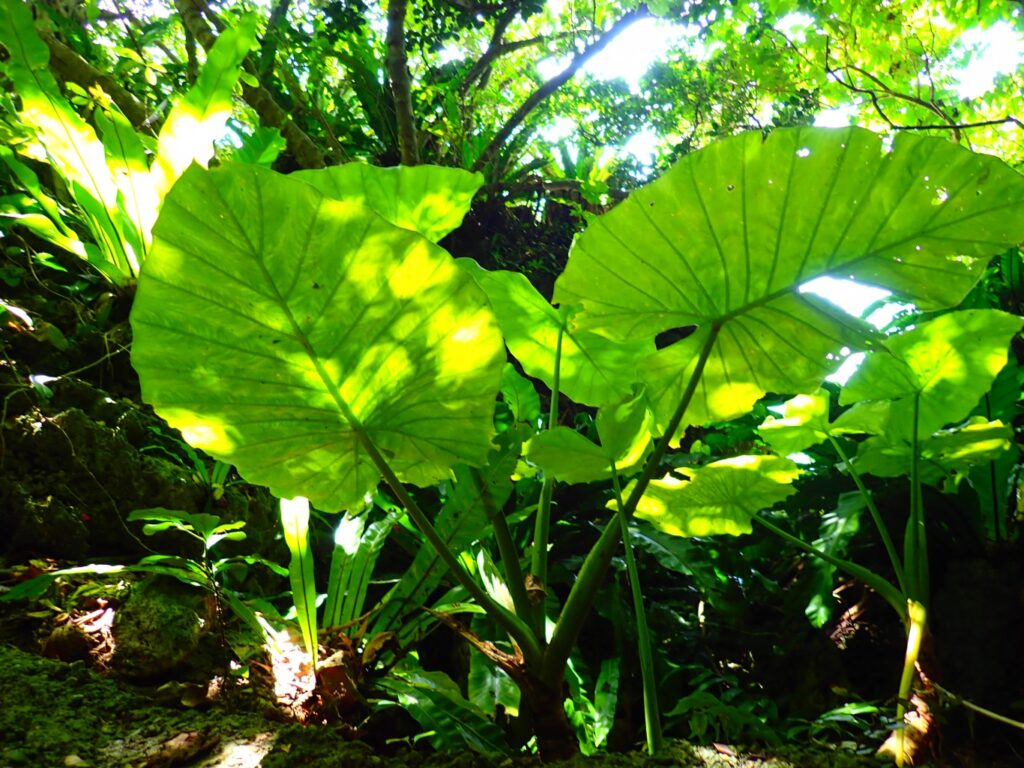
The kudzuimo is a member of the taro family, Araceae, and is a popular ornamental plant.
It is characterized by its large leaves, which are so large that a person could completely fit under them and make an umbrella out of them.
It is common on all of the Yaeyama islands.As the name suggests, it is inedible and poisonous.The following is a list of the most common problems with the "C" in the "C" column.
(8) Modama
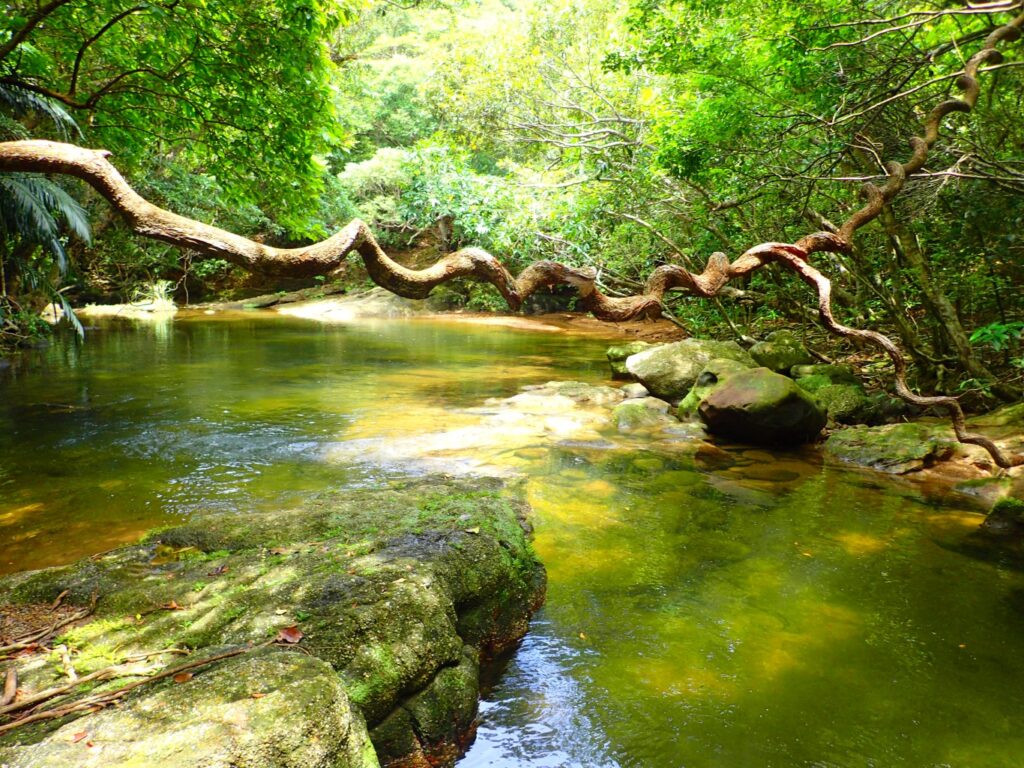
Modama is a vine of the legume family,One of the world's largest beansIt is known for putting on
The hard, shiny seeds, also called "sea beans," are sometimes found on beaches as flotsam.
(ix) Lizard's hessian
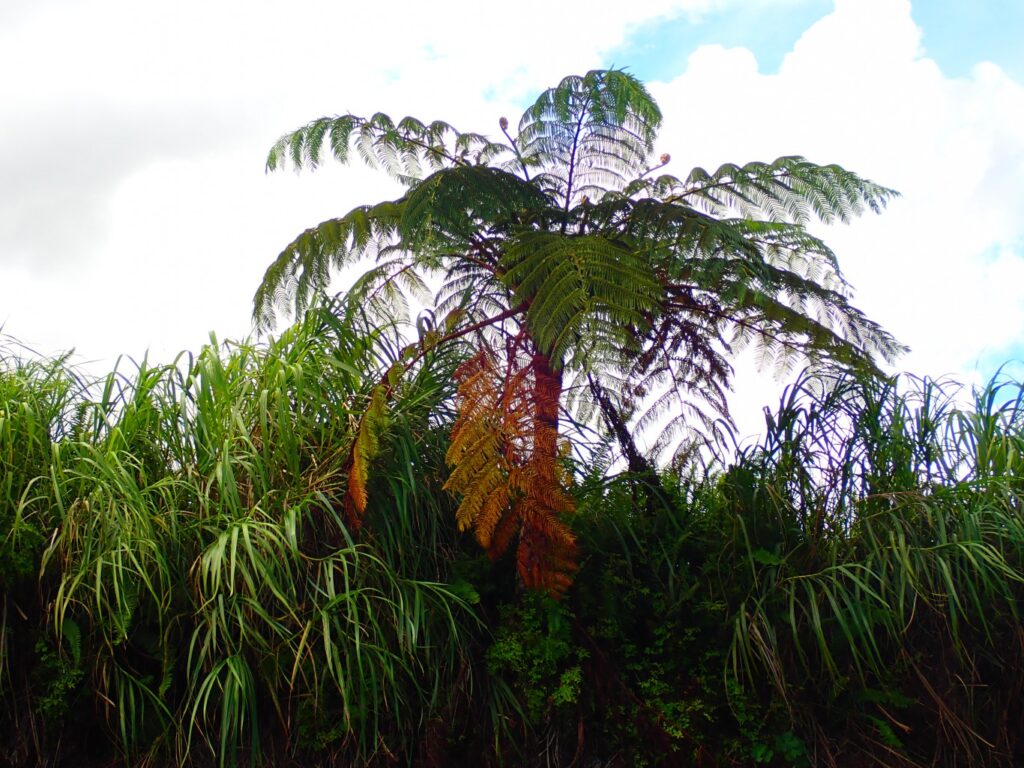
Lizard Hegwort is a plant classified as a fern and is one of the largest ferns in Japan.
The height is about 15 meters,Leaves alone are more than 2mThe number of people who have been in the same situation is also high.The lizard's hego is characterized by its leaves that grow from the petiolar portion of the plant in a spring-like spiral.
(10) Gilan mulberry (Morus alba)
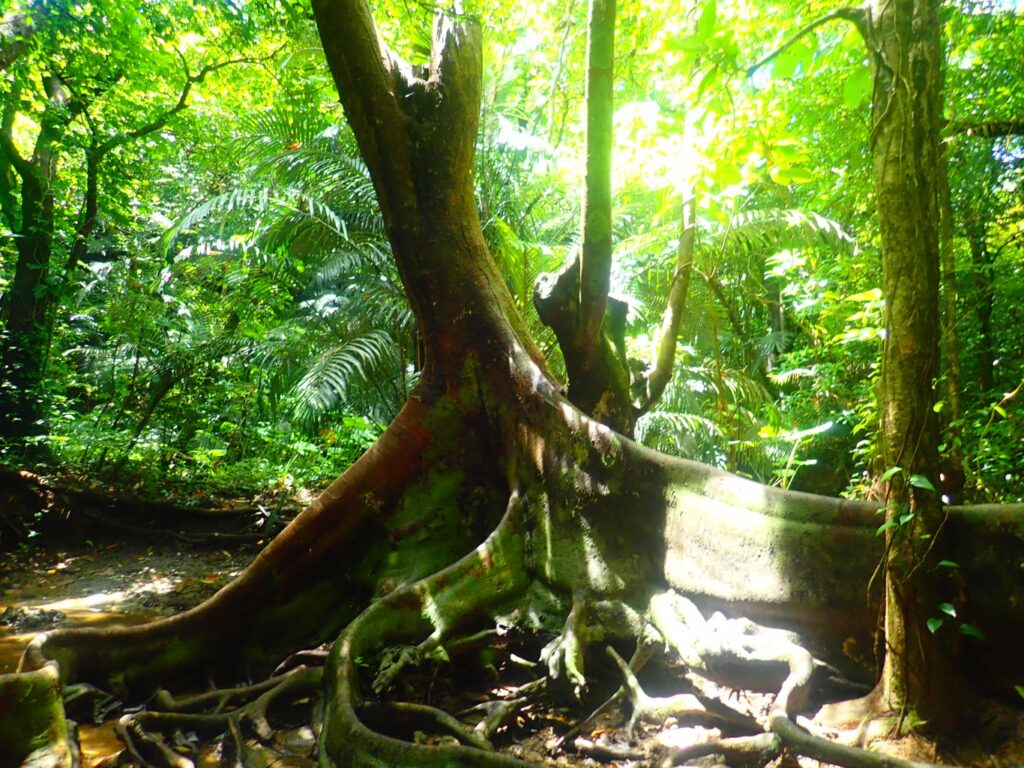
Gilan goldenrod is a plant that is often found along valleys and other low areas.
Roots.fine example of a solid rootand grow very large.The leaves are about 20 cm long, and the fruit-like flowers are unique to Giran goldenrod.
You can enjoy the plants of Kohama Island!
Recommended Activities & Plans
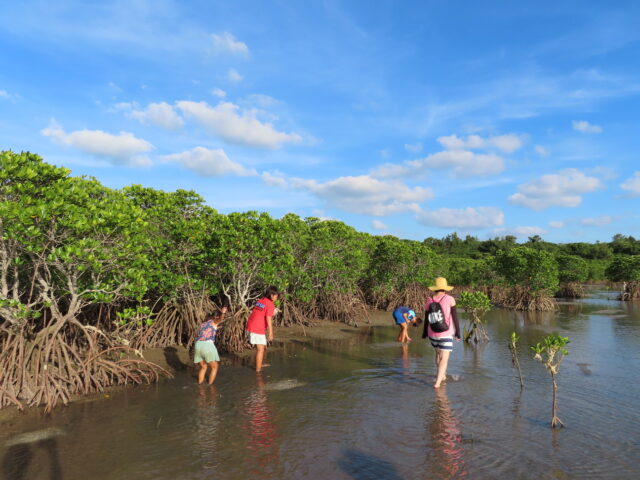
Let us introduce you to some recommended activities to enjoy the plants and wilderness of Kohama Island!
Click here to see the ranking of popular tours in Kohama Island.
Kohama Island Mangrove Tour
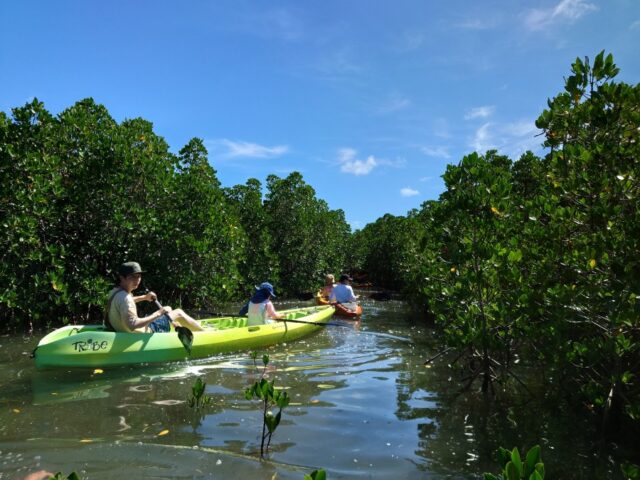
A mangrove cruise allows you to observe the mangroves of Kohama Island up close. You will feel like you are on an adventure as you maneuver the canoe.
Canoeing with childrenCan accommodate two people.So it is perfect for a family vacation.
More about Kohama Island Mangrove Tour
Kohama Island Bicycle Rental
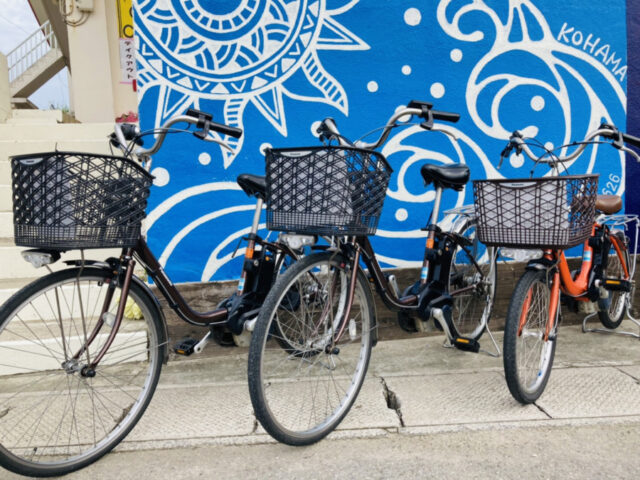
To observe the plants scattered around Kohama Island, it is recommended to explore the island by renting a bicycle, which is easy to maneuver.
In fact, there are many hills, so if you are not confident in your physical strength, choose a bicycle with electric power assist.
It is exhilarating to ride a bicycle downhill!
Click here to read the article in conjunction with this one.
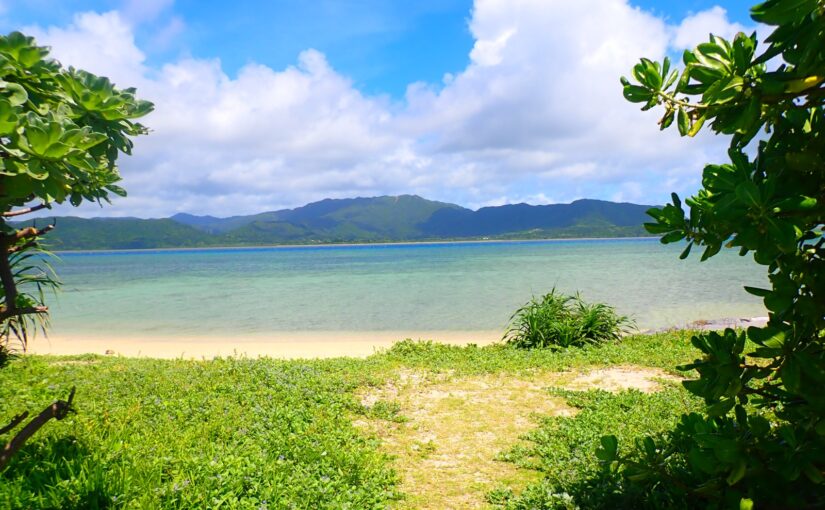 Let's go around Kohama Island! A thorough explanation of how to get around the island and popular tourist spots!Table of Contents1 How many kilometers is it to go around Kohama Island? 2 Getting Around Kohama Island2.1 Getting Around Kohama Island Renting a Car2.2 Getting Around Kohama Island Biking2.3 Getting Around Kohama Island Biking3 When you come to Kohama Island, here are some places to visit! Popular Sightseeing Spots 5 [...].
Let's go around Kohama Island! A thorough explanation of how to get around the island and popular tourist spots!Table of Contents1 How many kilometers is it to go around Kohama Island? 2 Getting Around Kohama Island2.1 Getting Around Kohama Island Renting a Car2.2 Getting Around Kohama Island Biking2.3 Getting Around Kohama Island Biking3 When you come to Kohama Island, here are some places to visit! Popular Sightseeing Spots 5 [...].
Kohama Island Walking Tour
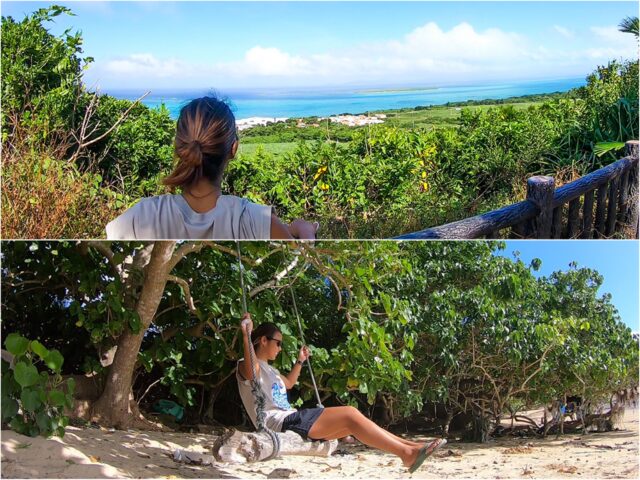
Kohama Island,Experience the daily life of the islanders.How about a walking tour of the island? Since this tour is by car, it is recommended for families traveling with small children or the elderly.
Why not explore Kohama Island with a guide and experience not only the plants but also the culture and lifestyle of the island?
Star gazing & night safari tour
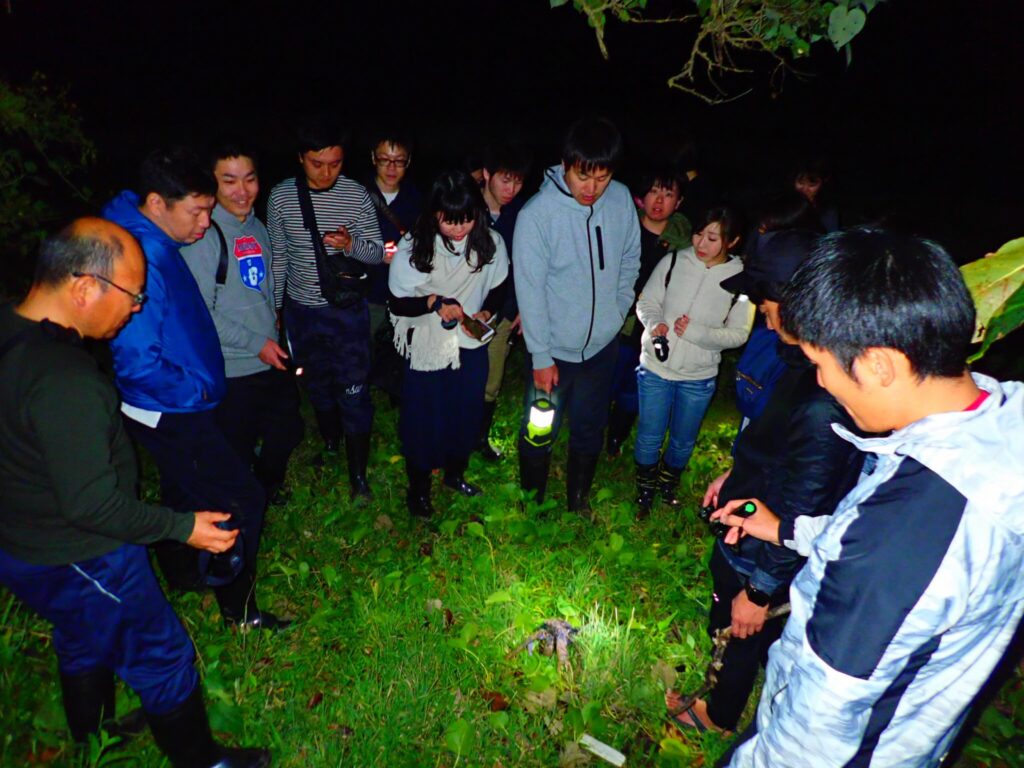
Night tours of Kohama Island are not only for plants,Meet rare subtropical creaturesHowever, the point!
Experience the ecology of Kohama Island firsthand while listening to the commentary of a local guide. Both adults and children are sure to have a blast.
Don't miss the star-filled starry sky that can be seen because of the clean air of Kohama Island.
↓Click here for recommended night tours.
 Kohama Island/1 hour] Same-day reservation OK☆Only the locals know about it! Kohama Island Night Safari Tour☆Come in contact with creatures of the night (No.660)開始時間19:30-20:30所要時間Approx. 1 hour3,000 yen
Kohama Island/1 hour] Same-day reservation OK☆Only the locals know about it! Kohama Island Night Safari Tour☆Come in contact with creatures of the night (No.660)開始時間19:30-20:30所要時間Approx. 1 hour3,000 yen Kohama Island/90 min】Same-day reservation OK! Starry sky walking tour with a qualified guide Introducing constellations and stars according to the season... (No.670)開始時間: Varies from month to month. Please check the details.所要時間Approx. 90 min.
Kohama Island/90 min】Same-day reservation OK! Starry sky walking tour with a qualified guide Introducing constellations and stars according to the season... (No.670)開始時間: Varies from month to month. Please check the details.所要時間Approx. 90 min.Viewing time: approx. 60 min. including travel time.5,000 yen
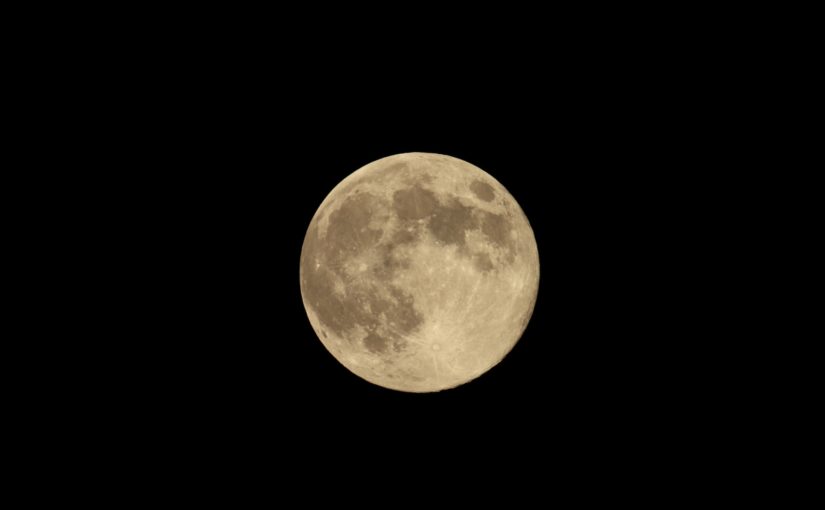 Kohama Island/Night] The ultimate retreat! Moon Yoga Experience (No.645)開始時間Nighttime (starry or moonlit night, depending on the day)所要時間Approx. 1.5 hours5,000 yen
Kohama Island/Night] The ultimate retreat! Moon Yoga Experience (No.645)開始時間Nighttime (starry or moonlit night, depending on the day)所要時間Approx. 1.5 hours5,000 yen↓ Learn more about night tours ↓
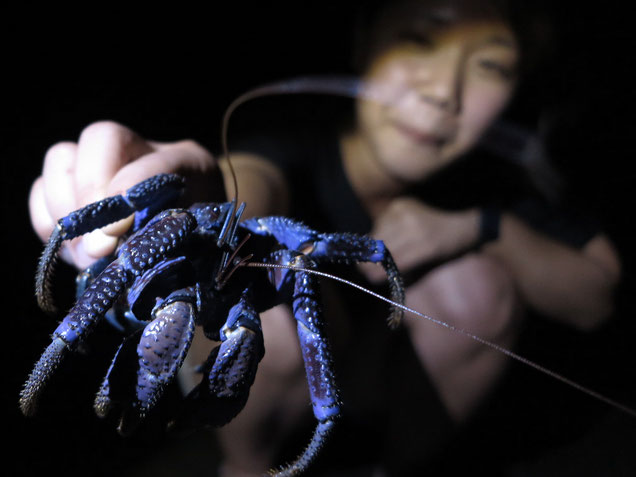 Kohama Island Stargazing & Night Safari Tour Kohama Island is also attractive at night☆ Starry sky night tour on Kohama Island If you are going to stay on Kohama Island, it would be a waste not to enjoy the nighttime attractions of Kohama Island as well! Join us for a starry night sky tour and subtropical jungle tour that you can't see in the city, and you'll never forget [...]. (4 in total) アクティビティの詳細を見る
Kohama Island Stargazing & Night Safari Tour Kohama Island is also attractive at night☆ Starry sky night tour on Kohama Island If you are going to stay on Kohama Island, it would be a waste not to enjoy the nighttime attractions of Kohama Island as well! Join us for a starry night sky tour and subtropical jungle tour that you can't see in the city, and you'll never forget [...]. (4 in total) アクティビティの詳細を見る
summary
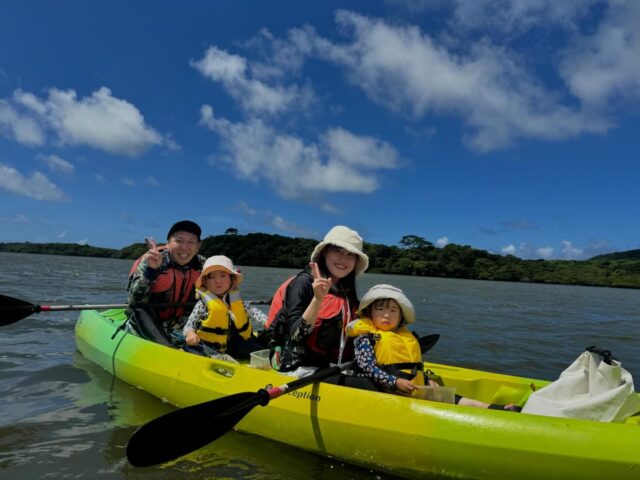
In this issue, we introduced Kohama Island, the mangroves and plants of the Yaeyama Islands.
Kohama Island is characterized by its beautiful ocean and vast nature,Many plants that cannot be seen on the mainland can be found here, making this a spot that nature lovers will definitely enjoy.
We hope you will find this article useful in planning your trip to Kohama Island.
Click here to read the article in conjunction with this one.
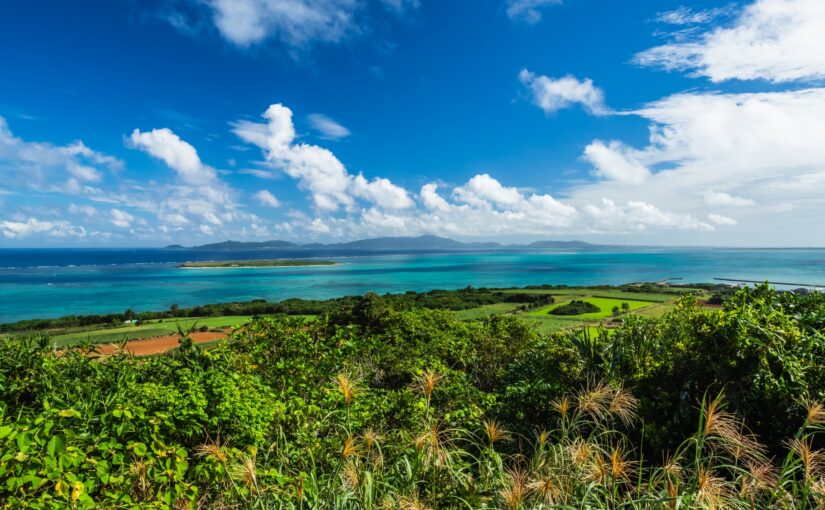 Kohama Island Sightseeing Complete Guide! Introduction of spectacular spots and model courses to enjoy with a map♪Contents1 Kohama Island Sightseeing Guide! Fun trip by using a map♪ 2 Preparation for sightseeing by using a map (map)3 Basic information about Kohama Island4 Attractions of Kohama Island sightseeing5 Means of transportation in Kohama Island5.1 Rental bicycle5.2 Rental car6 How many hours can you get around Kohama Island [...].
Kohama Island Sightseeing Complete Guide! Introduction of spectacular spots and model courses to enjoy with a map♪Contents1 Kohama Island Sightseeing Guide! Fun trip by using a map♪ 2 Preparation for sightseeing by using a map (map)3 Basic information about Kohama Island4 Attractions of Kohama Island sightseeing5 Means of transportation in Kohama Island5.1 Rental bicycle5.2 Rental car6 How many hours can you get around Kohama Island [...].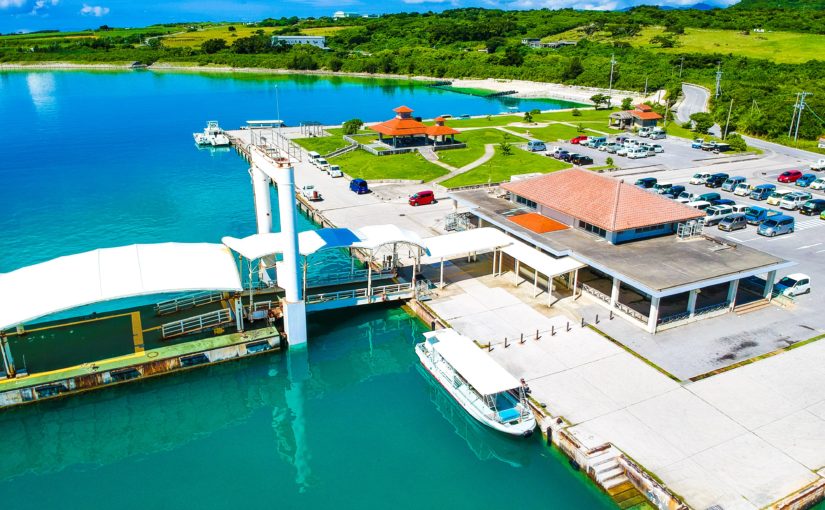 Ishigaki Island - Kohama Island Ferry Information [Timetables, Fares, and Web Reservations! Also, a thorough explanation of the attractions of Kohama Island sightseeing!Contents1 It takes about 25 minutes from Ishigaki Island by ferry! What kind of island is Kohama Island (Kohama Island)? 2 How to get to Kohama Island2.1 Kohama Island Ferry Price List3 Ferry tickets must be purchased in advance! 4 Advantages of purchasing ferry tickets in advance4.1 Ferry [...]
Ishigaki Island - Kohama Island Ferry Information [Timetables, Fares, and Web Reservations! Also, a thorough explanation of the attractions of Kohama Island sightseeing!Contents1 It takes about 25 minutes from Ishigaki Island by ferry! What kind of island is Kohama Island (Kohama Island)? 2 How to get to Kohama Island2.1 Kohama Island Ferry Price List3 Ferry tickets must be purchased in advance! 4 Advantages of purchasing ferry tickets in advance4.1 Ferry [...]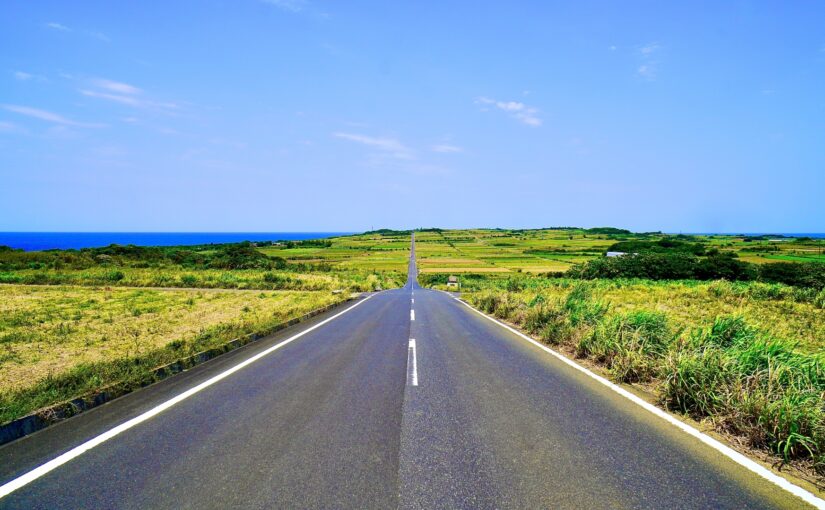 Healed by the tranquil scenery! Let's visit the sugarcane fields and tourist attractions of Kohama Island♪Contents1 Crops that support Okinawa's agriculture and history Sugarcane on Kohama Island2 What is Kohama Island3 Attractions as a tourist spot Sugarcane fields on Kohama Island3.1 Sugar Road4 Traditional Okinawan cuisine and souvenirs using sugarcane4.1 Brown sugar syrup4.2 [...].
Healed by the tranquil scenery! Let's visit the sugarcane fields and tourist attractions of Kohama Island♪Contents1 Crops that support Okinawa's agriculture and history Sugarcane on Kohama Island2 What is Kohama Island3 Attractions as a tourist spot Sugarcane fields on Kohama Island3.1 Sugar Road4 Traditional Okinawan cuisine and souvenirs using sugarcane4.1 Brown sugar syrup4.2 [...].
